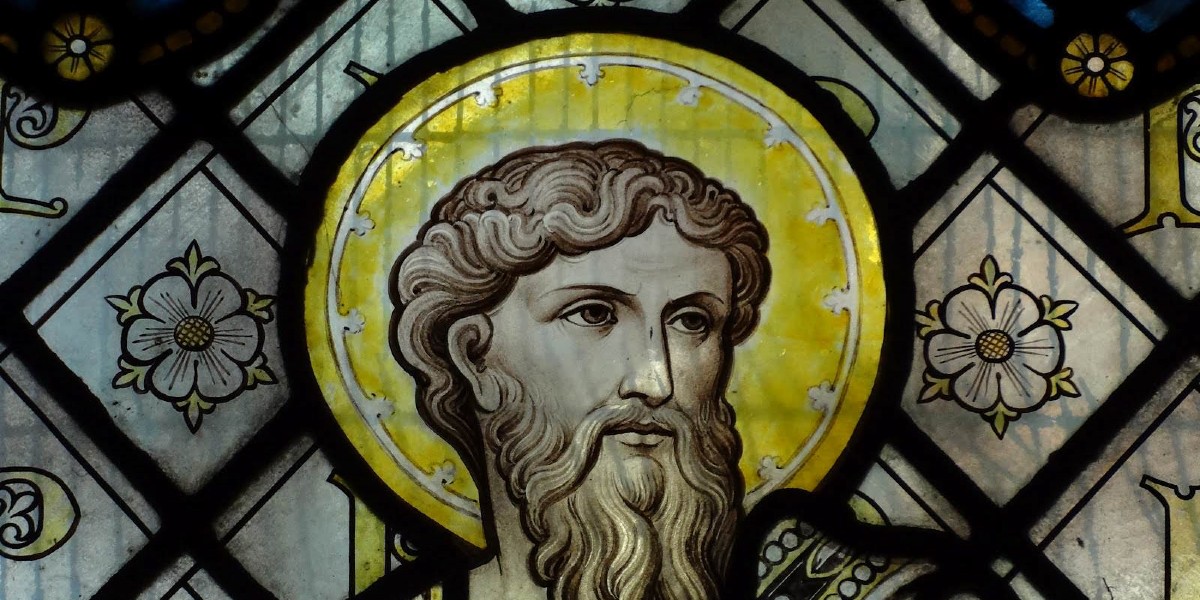Regina Caeli – Queen of Heaven, Rejoice!
The Regina Caeli, Latin for “Queen of Heaven,” is a hymn and prayer ...

Here John Chrysostom praises the zeal of Paul to win the crown of glory and calls us to imitate his example of virtue. It is most appropriate reading for the feast of Saints Timothy and Titus on January 26 since they were among the foremost of Paul’s disciples.
Though housed in a narrow prison, Paul dwelt in heaven. He accepted beatings and wounds more readily than others reach out for rewards. Sufferings he loved as much as prizes; indeed he regarded them as his prizes, and therefore called them a grace or gift.
Reflect on what this means. To depart and be with Christ was certainly a reward, while remaining in the flesh meant struggle. Yet such was his longing for Christ that he wanted to defer his reward and remain amid the fight; those were his priorities.
Now, to be separated from the company of Christ meant struggle and pain for Paul; in fact, it was a greater affliction than any struggle or pain would be. On the other hand, to be with Christ was a matchless reward. Yet, for the sake of Christ, Paul chose the separation.
But, you may say: “Because of Christ, Paul found all this pleasant.” I cannot deny that, for he derived intense pleasure from what saddens us. I need not think only of perils and hardships. It was true even of the intense sorrow that made him cry out: Who is weak that I do not share the weakness? Who is scandalized that I am not consumed with indignation?
I urge you not simply to admire but also to imitate this splendid example of virtue, for, if we do, we can share his crown as well.
Are you surprised at my saying that if you have Paul’s merits, you will share that same reward? Then listen to Paul himself: I have fought the good fight, I have run the race, I have kept the faith. Henceforth a crown of justice awaits me, and the Lord, who is a just judge, will give it to me on that day – and not to me alone, but to those who desire his coming. You see how he calls all to share the same glory?
Now, since the same crown of glory is offered to all, let us eagerly strive to become worthy of these promised blessings.
In thinking of Paul we should not consider only his noble and lofty virtues or the strong and ready will that disposed him for such great graces. We should also realize that he shares our nature in every respect. If we do, then even what is very difficult will seem to us easy and light; we shall work hard during the short time we have on earth and someday we shall wear the incorruptible, immortal crown. This we shall do by the grace and mercy of our Lord Jesus Christ, to whom all glory and power belongs now and always through endless ages. Amen.
This post is an excerpt from a homily by St. John Chrysostom (Hom. 2 de laudibus sancti Pauli: PG 50, 480-484). It appears in the Roman Office of Readings for the Feast of the Sts. Timothy and Titus on January 26. The accompanying biblical reading comes from Titus 1:7-11; 2:1-8.
Banner/featured image is a stained glass of St. Paul by an unknown artist. Public domain.
No Comments